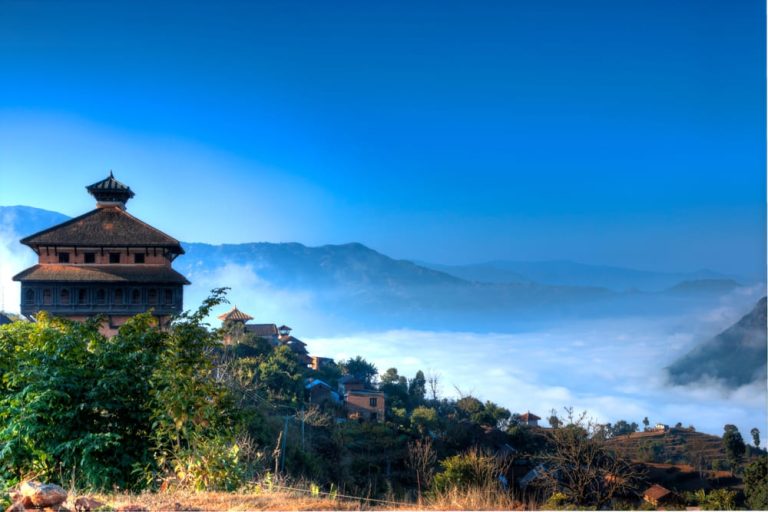Kathmandu officials have fined former King Gyanendra Shah for damages caused during violent pro-monarchy protests in the capital. The protests turned deadly, leaving two people dead and 110 others injured.
Violent Protests Lead to Curfew
The protests erupted on Friday in the Tinkune-Baneshwor area of Kathmandu, where demonstrators demanded the reinstatement of Nepal’s monarchy. Supporters of the former king clashed with security forces, leading to chaos in the city. Protesters threw stones, attacked a political party’s office, set vehicles on fire, and looted shops.
The violence prompted authorities to impose a curfew in the city’s eastern region at 4:25 p.m. on Friday. Normal life resumed after officials lifted the curfew at 7:00 a.m. on Saturday. Markets reopened, public transport resumed, and residents returned to their daily routines.
Former King Held Responsible
Kathmandu Metropolitan City (KMC) fined Gyanendra Shah for the destruction. Mayor Balendra Shah sent a letter to the former monarch’s residence at Nirmala Niwas, Maharajgunj, asking him to pay Nepali Rupees 793,000 as compensation. The letter, copies of which were released to the media, stated that the protests, organized in response to Gyanendra Shah’s call, had damaged public property and harmed the environment.
Local reports suggest that the former king’s passport was confiscated, and security at his residence was reduced. However, officials have not confirmed these measures.
Political Fallout and Arrests
The protests were led by Durga Prasai, a prominent monarchist figure who met with Gyanendra Shah a day before the unrest. Prasai and other organizers had called for the return of Nepal’s 240-year-old monarchy, abolished in 2008.
Police arrested 112 people, including leaders of the Rastriya Prajatantra Party (RPP), Dhawal Shumsher Rana and Ravindra Mishra, who played key roles in the protests. Authorities stated that those responsible for the vandalism would face legal action.
Government and Business Reactions
Home Minister Ramesh Lekhak visited the Tinkune area on Saturday to assess the damage. He assured the public that the government would take strict action against those involved in the violence.
Meanwhile, the ruling Nepali Congress party held a high-level meeting to discuss the protests. Party spokesperson Prakash Sharan Mahat stated that the violence was a deliberate attempt to undermine democracy. He added that Gyanendra Shah should take full responsibility for the incident.
Business groups also condemned the unrest. The Federation of Nepalese Chamber of Commerce and Industry (FNCCI) and the Federation of Nepali Industry and Entrepreneurship demanded compensation for affected businesses. In separate statements, they stressed that while peaceful protests are a right, violence and destruction should not be tolerated.
Civil Society Voices Concern
A group of eight civil society leaders in Nepal criticized Gyanendra Shah for his political involvement. In a joint statement released on Monday, they accused him of trying to weaken the country by pushing for the monarchy’s return.
They noted that his recent activities undermine Nepal’s democratic progress. “Gyanendra Shah’s political ambitions contradict the nation-building efforts of his ancestors. His actions risk destabilizing Nepal in front of its neighbors and the world,” the statement read.
Growing Pro-Monarchist Sentiment
Support for the monarchy has been growing in Nepal, particularly since February’s Democracy Day. During an event that month, Gyanendra Shah said, “Time has come for us to assume responsibility to protect the country and bring about national unity.”
Since then, pro-monarchists have held rallies in Kathmandu and other cities, calling for a return to the old system. Friday’s protests were the largest in recent months, highlighting the increasing divide between royalists and pro-democracy supporters.
The political tension in Nepal continues to rise, with many watching how the government will handle the situation. As authorities proceed with legal actions, questions remain about whether these developments will lead to more unrest.


